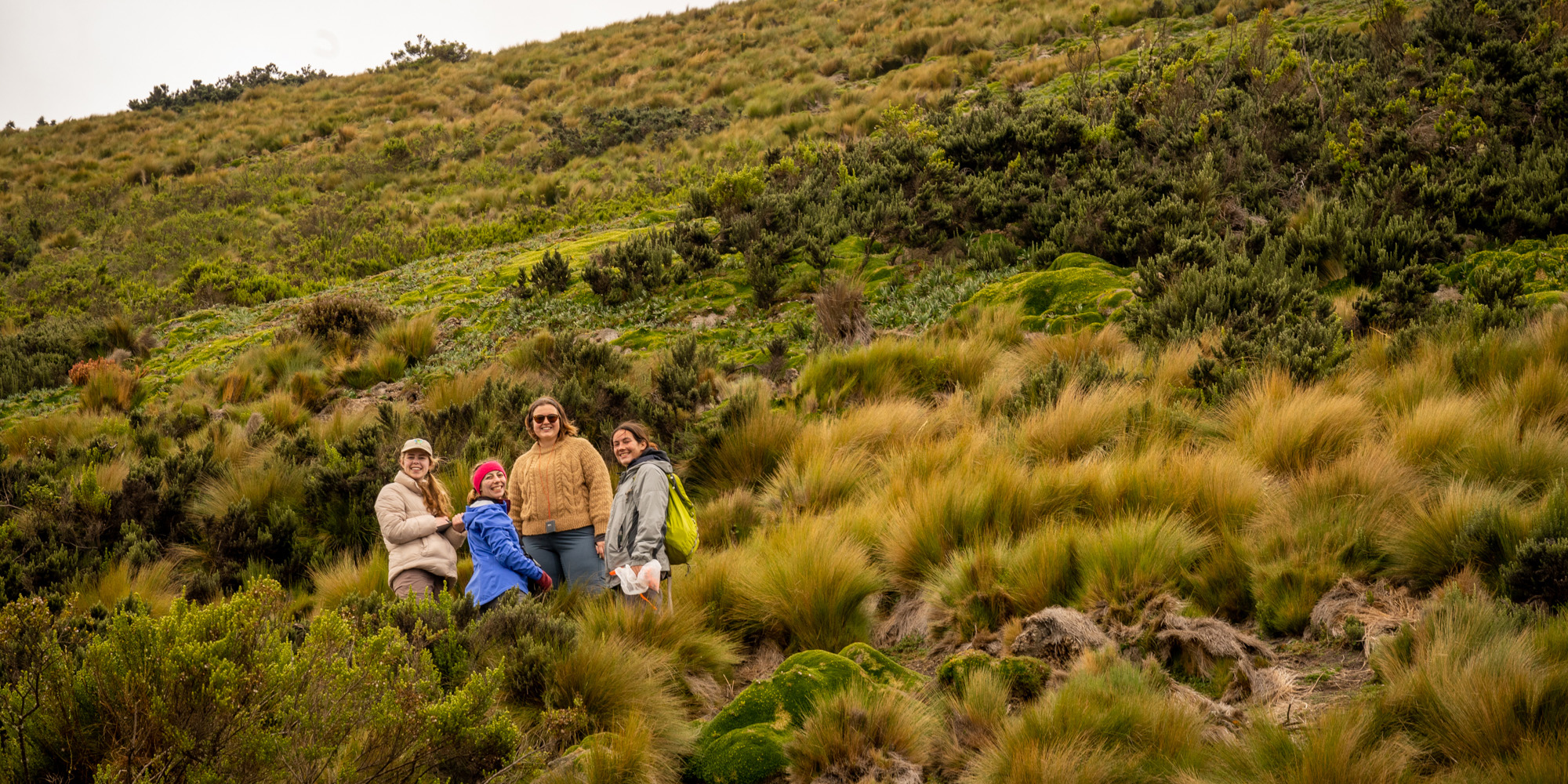
Conservation Biology is run concurrently with the two ecology and conservation courses (terrestrial and marine) and integrates conservation theory and practice across all the ecosystems we visit. Course activities focus on human impacts, threats, conservation problems and management solutions within the biological, ecological and social context of each site. The goal is to address first-hand the complex and interdisciplinary nature of conservation in practice, and teach students how to devise creative solutions to environmental problems.
Theoretical topics covered during this course include population biology, conservation genetics, landscape ecology, island biogeography, habitat fragmentation and climate change. We also cover topics in applied conservation and environmental economics, such as population monitoring, reserve design and management, in-situ and ex-situ conservation, community-based resource management, ecotourism, agroforestry and alternative/sustainable production systems, and market-based approaches such as carbon credits and ecosystem service payments.
Students have the opportunity to learn methods of biological and social assessment for conservation planning, and design their own conservation and resource management plan for the projects we visit.